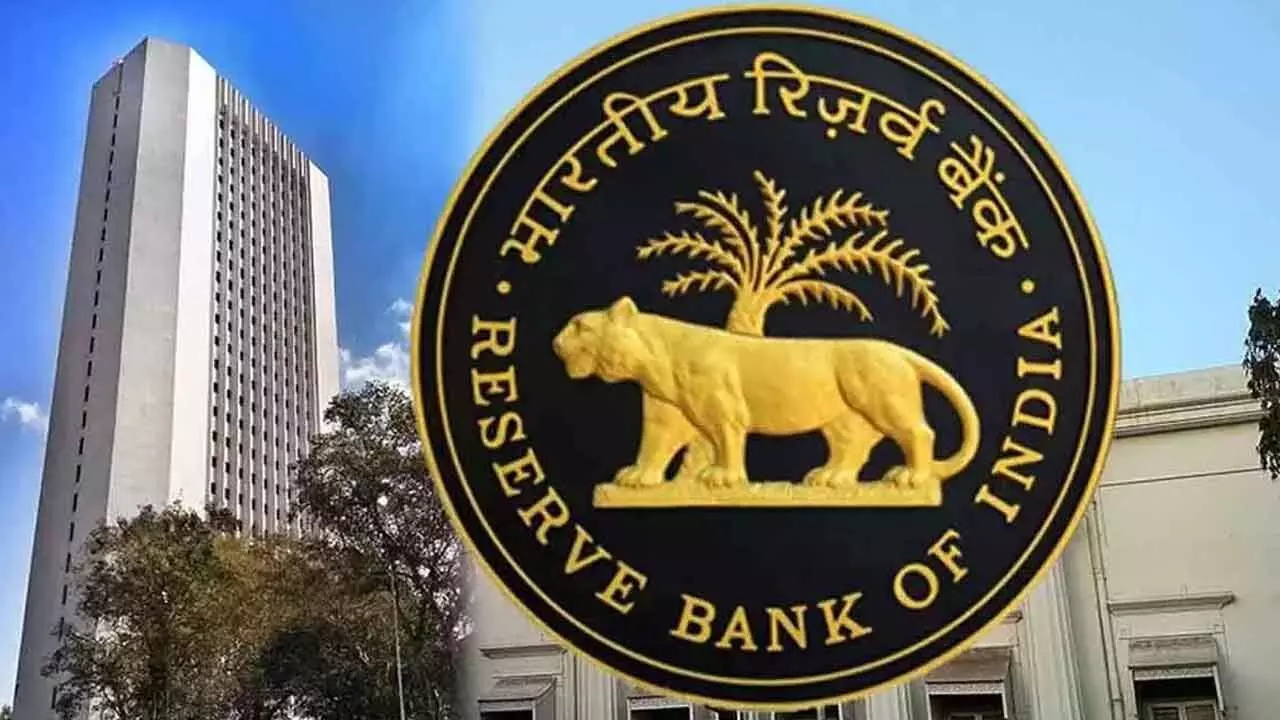Positives Outweigh Negatives But The Govt And RBI Must Iron Out Inequalities
Positives Outweigh Negatives But The Govt And Rbi Must Iron Out Inequalities

Reserve Bank of India (RBI) Governor Shaktikanta Das has tried to downplay the unseemly side of the India growth story by saying that the positives significantly outweigh the negatives. “The so-called slowdown in certain areas is outweighed by the kind of positives that we are getting. The agriculture sector is doing well this year, thanks to a very good monsoon. The expectation for the rabi crop is good; rural demand has now revived,” he said in a recent interview. While his optimism is well-grounded, there are developments which the central bankers and other policy makers can ill-afford to ignore. Das pointed out that the biggest risk factors to the economic growth are geopolitical crises and geo-economic fragmentation, among others.
“By and large, the economic growth has remained sustained by our domestic demand and domestic investment, both of which are quite robust at the moment,” he said. True domestic demand is robust, but the disaggregated picture is not that pretty, per se. For instance, there is the issue of ‘shrinking middle class’. As Nestle managing director Suresh Narayanan had said recently, “Premium consumption continues to be fairly strong, but the middle segment, which most FMCGs used to operate in, seems to be shrinking.”
The comment came as the FMCG major witnessed volumes decline by one per cent over a year. It is not that everybody in the country is financially strained. Those in the top income bracket are having a gala time. This is evident from, among other things, the fact that there is a shortage in the supply of premium car segments; at the same time, there are discounts in the mass market segments. Apparently, the rich are getting richer; while the poor and middle classes are not getting poorer. This evidences that the fruits of high economic growth rate are not being shared equitably. The disparities are not hidden from anyone. Even as the wealthy spend lavishly on high-end cars and luxury homes, the middle and lower-income households have to suffer stagnant wages and rising prices. The government and the RBI have a crucial role to address such glaring disparities, which can be by some key policy interventions. Firstly, the Centre must enhance the ease of doing business at all levels so that more enterprises are set up, while the existing ones expand their operations. This will not just boost growth but also generate jobs.
Besides, fiscal policies that encourage the growth of labour-intensive industries like tourism, manufacturing and agriculture, can help create more jobs and promote fair wage growth. Moreover, financial inclusion programmes aimed at increasing access to affordable credit for small businesses and rural populations could bolster economic mobility among the less affluent. Towards this, it is imperative that the government and the RBI work together. Microfinance lending has proved to be a boon for those at the bottom of the pyramid, but this sector is financially stressed. A report by Motilal Oswal last month said that the current stress in the microfinance sector is largely driven by unchecked credit growth and issuance of multiple loans to customers on fake voter ID cards. The central bank must ensure that the sector stays out of trouble. The government and the RBI have to act in concert to negate the negatives.

